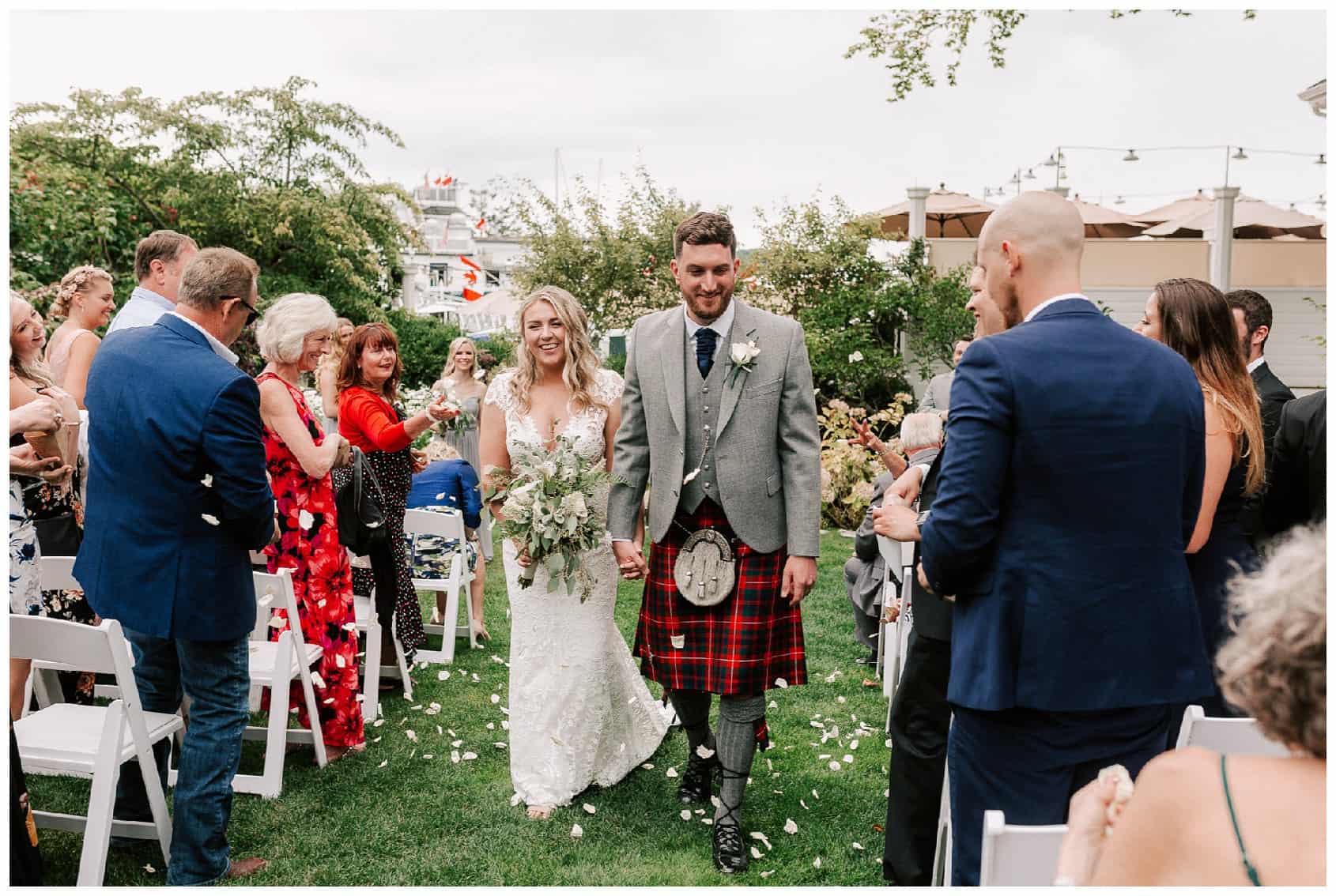Perhaps one of the most challenging and nerve-wracking parts of planning a wedding is deciding the guests to be invited. After all, what’s a party without guests? But, you can’t ask every friend or relative to attend that party, especially if the budget doesn’t allow you to do so. So, here are five people that you need to invite to your wedding. Also, stick around until the end of the post to see a short list of people not to invite.
Mother of the Bride
The mother of the bride plays a vital role in the whole celebration. Pay respect to the person who gave birth to the bride-to-be by adding her to the VIP list.
However, this particular (and essential) wedding guest can also help with the preparations for the big event. Some mother of the bride duties include:
- Picking out the wedding dress
- Selecting the food
- Providing emotional support to the bride
- Selecting a theme
Remember, the mother of the bride doesn’t have to touch some elements of the wedding. Nonetheless, extra hands to help with the preparation of the celebration is always welcome, especially if those hands come from a person the bride holds near-and-dear to her heart.
Bridesmaid
Please take note that one individual doesn’t have to carry the bridesmaid role by her lonesome. You can have three or thirty (or more) bridesmaids, and these people are the individuals that fit the position of being your best friends throughout life.
Your bridesmaids share your ups and downs as you go through different aspects of life, particularly with the relationship you have with your lifelong partner. These individuals will also ensure that the bride- and groom-to-be look and feel their best during the celebration.
Best Man or Woman
Out of all the best friends you may have, you might have that one particular person that you can trust with practically everything, including your deepest, darkest secrets. So, one wedding mistake that you shouldn’t do is fail to invite the best man or woman to the event.
This individual plays a vital role before, during, and after the celebration. They can support the bride and groom during the preparation stages. Next, the best man or woman will ensure that everyone in the party will be up-to-speed on how the couple started their relationship and how they share their intimate moments.
Also, this particular role can carry after the party, as the best man or woman can play a secondary role in making sure that the relationship of the bride and groom will last the test of time.
Groomsmen
Like the bridesmaids, the groom will have his gang of best buds to share this momentous occasion. These individuals are the men that shared different life experiences with the groom. Furthermore, these people will share the enthusiasm of the groom as the bride walks down the aisle and says her “I do” in front of several witnesses.
Ring Bearer and Flower Girl
Conventional wedding practices dictate that children take the mantle of being the ring bearer or flower girl. However, you can break tradition by having other individuals deliver the rings and flowers to the bride and groom. For example, you can have dogs or cats to bring these essential accessories. Otherwise, the ring bearer or flower girl may also be your 30-year-old best buds. Nonetheless, it would be best if you had individuals (or pets) to fill these roles for the occasion.
People Not to Invite in the Wedding
Now that you know who to put on your list of guests for the wedding, it’s time to check on the individuals that you shouldn’t invite. Some of these people include your:
- Ex-BFF
- Condescending relatives
- Toxic office colleagues
- Distant friends and relatives
Also, consider not inviting any person who you think will disrupt the occasion. For example, any individual that might go for the wedding buffet while the best man is speaking shouldn’t be on your list of guests.
Furthermore, another person that shouldn’t be on your wedding invitation is your ex. Inviting your ex to your wedding is already a rude act. Also, that individual might create a scene during the event, especially when your previous relationship didn’t end well.
In summary, don’t forget to invite essential people like the mother of the bride, bridesmaid, groomsman, ringer bearer, and flower girl to the wedding. But, don’t forget to exclude people who you think will disrupt the occasion in any way. Talk to your significant other about your list of wedding guests to ensure that both parties are in agreement with the final invitation.
